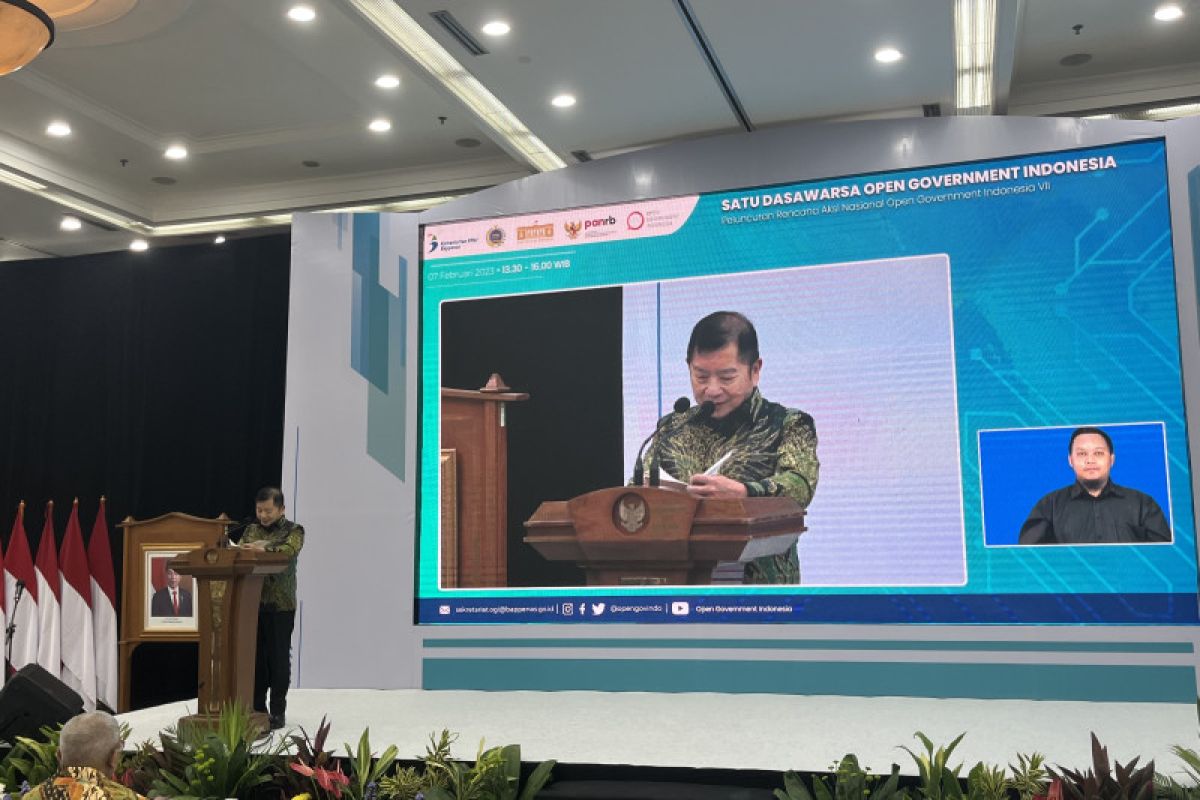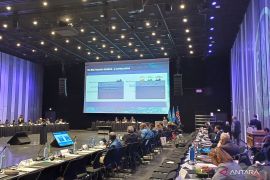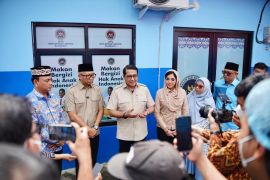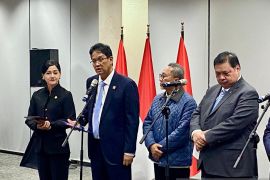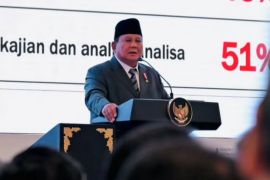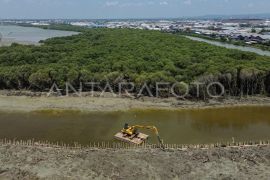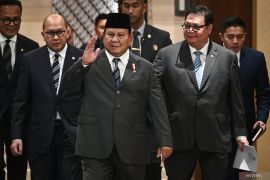"According to the linear economic calculation, we need at least 22 years to achieve the high economic status, yet we hope it will be achieved sooner," Monoarfa stated at the Open Government Indonesia (OGI) 10th-anniversary commemoration and VII OGI National Action Plan launch event here Tuesday.
Indonesia had attained the status of upper-middle income country, with its GDP per capita recorded at US$4,200 last year after being stuck in the middle-income trap for the last three decades, he remarked.
"After we experienced the global conditions affected by the COVID-19 pandemic and after our exerted endeavour, we hope Indonesia will grow better and surpass the middle-income country threshold sooner," the minister affirmed.
Monoarfa stressed that transformation in the inter-related aspects of governance, including institutional matters, regulation, human resources, relations between government and non-government actors, and digital transformation facets, aim to elevate Indonesia to the status of a high-income country.
According to global development indexes, Indonesia has a firm foundation to continue its transformation in the governance aspect, he stated.
"Still, we must improve some aspects to enhance our foundations and bolster our governance transformation achievements in the future," he emphasized.
According to the 1995-2020 period Government Effectiveness Index (GEI) and Regulatory Quality Index (RQI) assessed by the World Bank, Indonesia had recorded gradual improvement trends after years of reform sought by the government, the minister noted.
The ministry has also commenced the implementation of integrated Governance, Risk, and Compliance (GRC) for projects with revenue potentials as well as the Environmental, Social, and Governance (ESG) principle for environmental aspects, he stated.
However, despite Indonesia's increasing GEI and RQI trends, it still lagged behind other Southeast Asian countries, such as Singapore, Malaysia, and Thailand, he pointed out.
Meanwhile, Monoarfa said Indonesia also recorded an increasing trend above the global average on the E-Government Development Index score assessed by the United Nations, which is based on the human capital index and online service index scores. Indonesia is lagging behind Southeast Asian countries in the telecommunication infrastructure index score.
"We are not seeking to expedite the SBPE (Electronic-based Government System), and we hope our data centres, in the form of the infrastructure of Satu Data Indonesia, will be complete soon. The Satu Data Indonesia portal has been launched and is gradually filled with data," he noted.
Related news: Corruption worsens conditions in nations with middle-income trap
Related news: Opportunity to escape middle-income trap until 2035: ministry
Translator: M Baqir Idrus A, Nabil Ihsan
Editor: Rahmad Nasution
Copyright © ANTARA 2023
